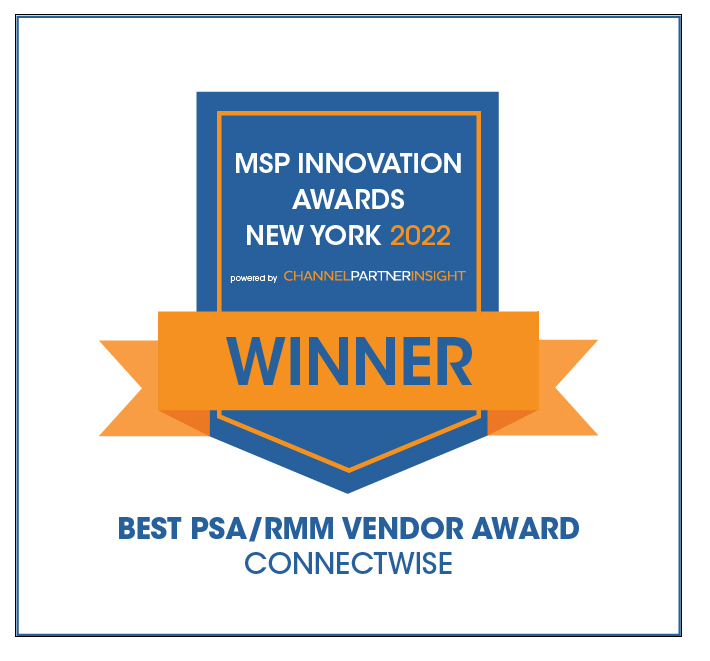-
MDRAddress the growing frequency, type, and severity of cyber threats against SMB endpoints
-
SIEMCentralize threat visibility and analysis, backed by cutting-edge threat intelligence
-
Risk Assessment & Vulnerability ManagementIdentify unknown cyber risks and routinely scan for vulnerabilities
-
Identity ManagementSecure and streamline client access to devices and applications with strong authentication and SSO
-
Cloud App SecurityMonitor and manage SaaS security risks for the entire Microsoft 365 environment.
-
SASEZero trust secure access for users, locations, and devices
-
Enterprise-grade SOCProvide 24/7 threat monitoring and response backed by proprietary threat research and intelligence and certified cyber experts
-
Policy ManagementCreate, deploy, and manage client security policies and profiles
-
Incident Response ServiceOn-tap cyber experts to address critical security incidents
-
Cybersecurity GlossaryGuide to the most common, important terms in the industry
Managed Services Blog Posts
01/23/2024
8 min read
What are managed IT services?
Take an in-depth look at managed IT services. Gain a further understanding of what they are, how they began, and what you can do to provide your clients the best service imaginable.
Managed Services
08/22/2023
5 min read
Building your IT service catalog: tips and examples
By: April Taylor
An IT service catalog is an essential tool to help your clients understand the scope of your offerings and request the ones they need.
Managed Services
08/15/2023
5 min read
Project portfolio management: the MSP’s guide
By: Parker Trojanowski
Project portfolio management is a business framework to help ensure an organization’s projects work together efficiently to meet stated objectives and goals.
Managed Services
08/01/2023
3 min read
The importance of service request management for ITIL 4
By: April Taylor
Learn how the ITIL 4 framework can help you dial in your service request management practices and streamline your MSP operations.
Managed Services
07/25/2023
4 min read
SLA and OLA: Understanding the key differences
By: Brad Schow
Learn about the difference between SLA and OLA and how these agreements can help you start every partnership off on the right foot.
Managed Services
03/28/2023
5 min read
Building an MSP onboarding checklist for clients
By: April Taylor
An onboarding checklist can help MSPs ensure a seamless transition for customers. Learn what should be included in an onboarding checklist.
Managed Services
02/13/2023
2 min read
3 CRM Considerations for the Busy MSP
By: Steve Farnan
Sure, a good CRM helps when it comes to managing your leads, but it lags in areas such as sales and marketing. It’s time you thought beyond your good old CRM. Here’s why…
Managed Services
02/09/2023
4 min read
How To Write an IT Services Agreement
By: Brad Schow
IT services agreements benefit MSPs and their customers because they help save both parties time and eliminate potential areas of conflict that may arise from unclear expectations and project responsibilities.
Managed Services


